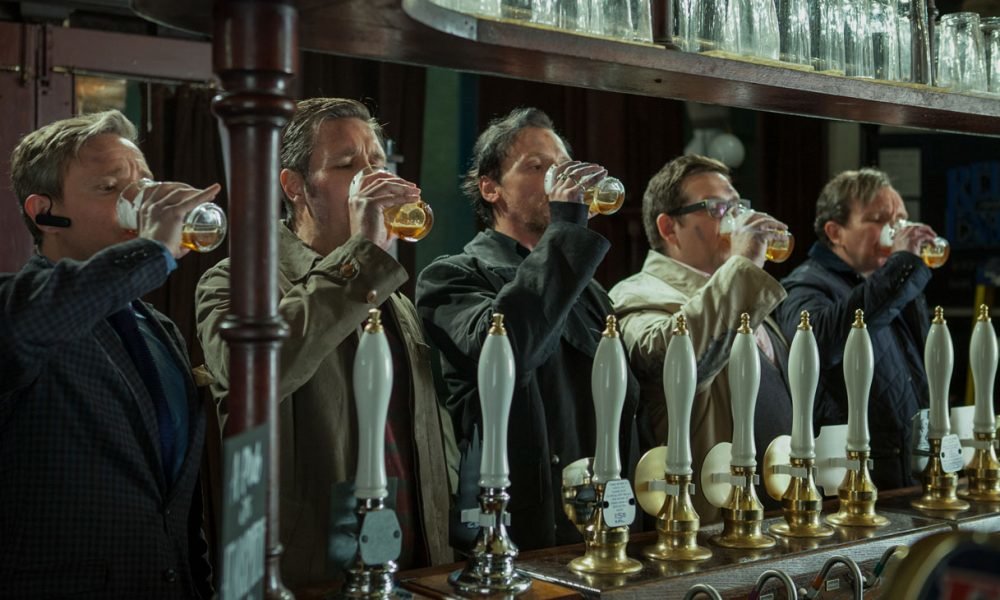
The Thin Line Between Social Drinking and Problematic Drinking

A good lot of people would categorize themselves as being social drinkers. They don’t normally drink when alone, but do consume alcohol when with colleagues, family or friends. The only problem we see with this definition is that the meaning of the word ‘social’ can differ from person to person. For some it can mean one glass of red wine, one or twice a week, with friends. For others it can mean 5-6 beers or a few gin and tonics on their birthday. So when exactly does social drinking turn away from normal to being problematic? Let us break it down for you.
Murky Classification Of ‘Drinking Socially’
“Social drinking” is probably a vague term and there is wide disagreement on it. It solely depends on what’s accepted and okay with a group or culture in general. For an individual, what is acceptable or not, completely depends on the occasion and setting. What is seen as okay for New Year’s Eve is certainly not okay for a working lunch with your business associates. What is acceptable and normal at a fraternity party is drastically different from what is acceptable during a family dinner.
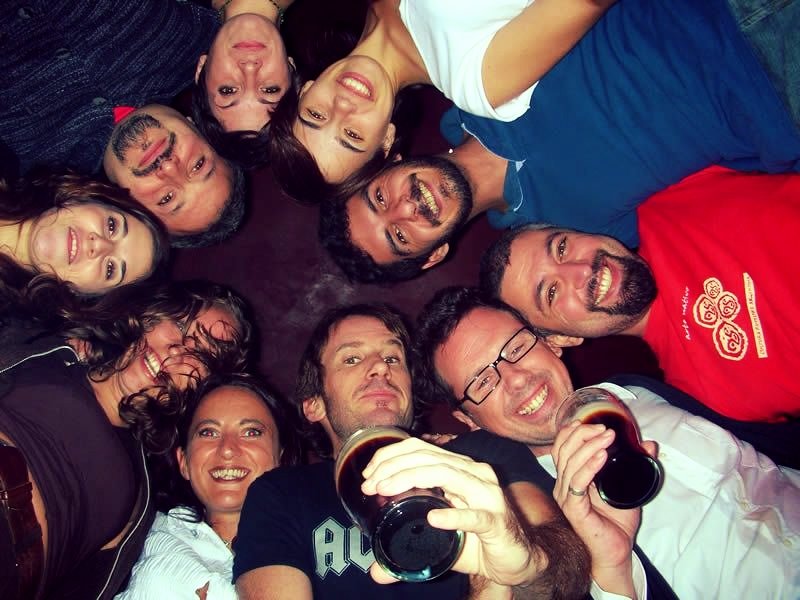
A key aspect of social drinking is to know when you’ve had enough or too much, while staying well within that boundary. Social drinking is not supposed to interfere with your normal functioning and life, nor with your responsibilities concerning family, home, health and work and it certainly does not get you into financial or legal issues. In a nutshell, it implies moderation and not disruption of any activity.
When is Social Drinking Problematic?
If you’re consuming alcohol socially, in large quantities, you might be venturing into problematic territory, for one wouldn’t knowingly want to turn to heavy drinking. For ease of understanding – for men, it means not more than 4 drinks in a day or 14 drinks in 7 days. For women, not more than 3 drinks in a day or 7 drinks a week. Another kind of alcohol consumption in the form of binge drinking, is also not healthy. The blood alcohol level for a normal human who binges, is 0.08, this can be achieved by drinking 4-5 drinks within 2 hours. Heavy alcohol use would mean that a person is binging 5 or more times a month.
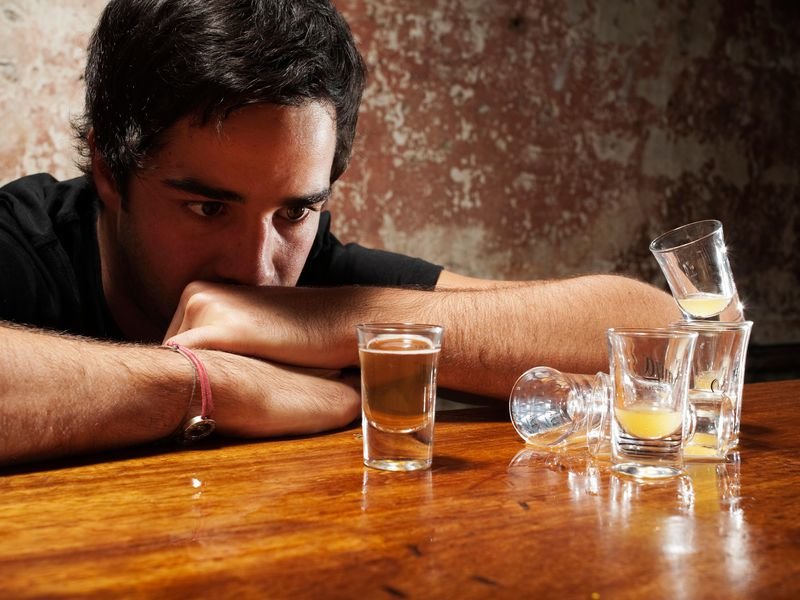
Besides the number of drinks consumed, one can also look out for some signs, which indicate a drinking problem. Some signs to be vary of are; drinking for no particular reason and when you’re not supposed to (may be you’re on medication?). Failing at your goal of cutting down on drinking and then feeling guilty after, is a sign too, as is deceiving others about how much alcohol you consume. This can include sneaking drinks, hiding the alcohol, and making excuses for getting a drink. If someone starts showing concern about your drinking habits, that is a major red flag. Should you get anxious and itch for alcohol if you haven’t had any in 12 hours, you might be a lot closer to alcoholism than you thought. This may be accompanied by withdrawal symptoms like sweating and shaking, if there is a long period of sobriety between 2 drinks.
Time to cut back and find help?
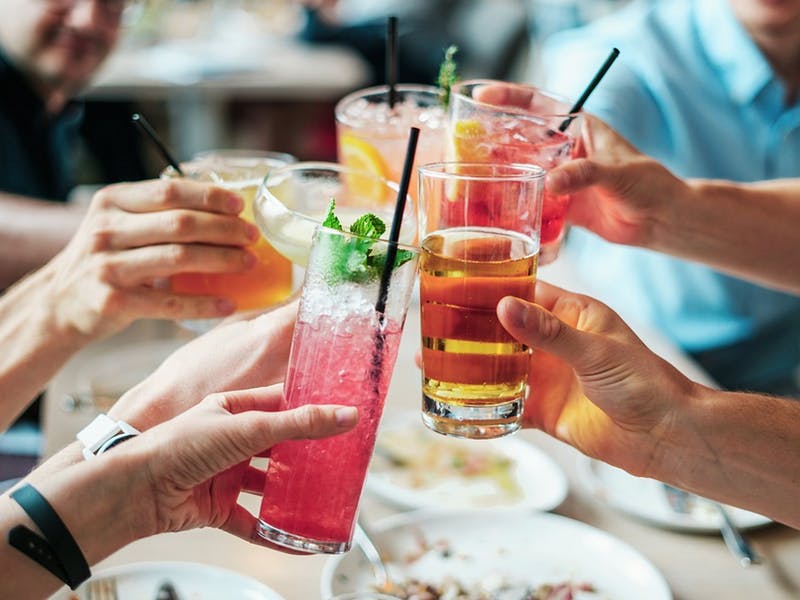
If you suspect that you have a problematic drinking habit, it is best to reach out for professional help. There are websites and apps, which can help you in meeting your sobriety goals. Staying mindful and in charge when drinking the next time, is a great starting step. As lot of the drinking is ‘thoughtless’, you may want to ask yourself if you really need another drink, or you’re good with the one you just had. Self-awareness lets you step back and examine your drinking, it’s best to avoid another round if you think you’ve had enough. Choose to drink a few non-alcoholic drinks in between alcoholic ones, have some food from time to time, drink a lot of water to hydrate yourself and finally, don’t give in under peer pressure.
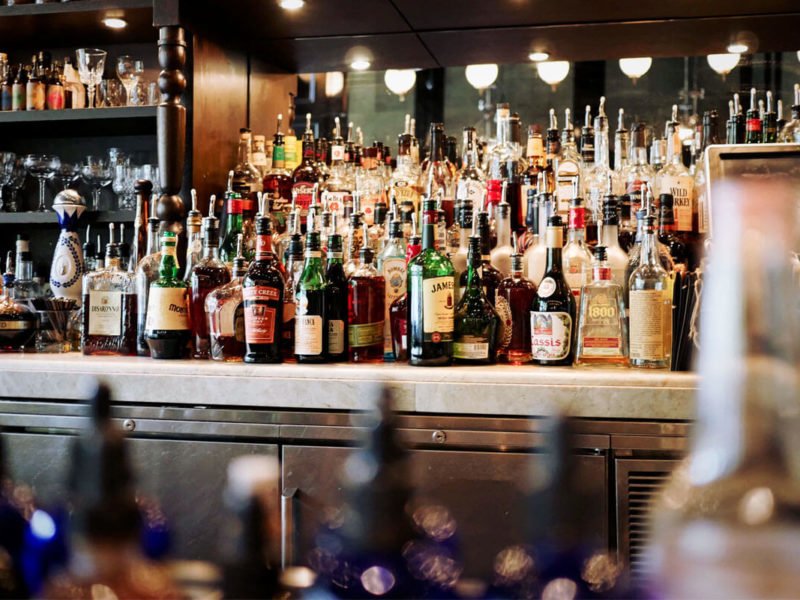
If you feel that your friends are why you are drinking more, you can sometimes hang out with other friends who don’t drink. Adopting healthy practices such as doing yoga, meditation, exercises and going to the gym can help you channelize your energy away from drinking. Along with this, you can practice your refusal skills and set limits for yourself to gradually cut down your alcohol intake.
For others, it may not be enough and they might need a doctor or health professional, as they would best advice if talk therapy, medication or an evidence-based treatment is the best for you. It is completely okay to ask for help and there us no embarrassment or stigma attached to it, as Alcohol-use disorders are treatable conditions, just like any other health problem.
More in Lifestyle
-
`
4 Simple & Efficient Tips to Keep Your Skin Glowing This Winter
If you are someone who has a proper skincare routine, you must be bothered by dry skin in winter. Do you...
November 2, 2023 -
`
Summer Vibes: 5 Ideas for Unforgettable Hangouts with Friends
Summer is the season for outdoor fun and creating unforgettable memories with friends and loved ones. Whether you’re looking for a...
July 5, 2023 -
`
What Do These Skin Problems Tell about Your Health Condition?
Some medical conditions are tricky to spot simply because they are hidden and almost show no symptoms. However, they can manifest...
June 13, 2023 -
`
Wellness Tips to Help You Get Rid of Your Winter Blues
Winters can be a tough season not just for our body but also for our mental health. The sun rises later than usual...
May 7, 2023 -
`
Exploring the Latest Skin Care Trends: What’s Hot and What’s Not in 2023
The world of skin care is constantly evolving, with new ingredients and treatments popping up every year. With so many different...
April 24, 2023 -
`
Celine Dion Values Her Skin So Much That She Dropped $2 Million For This Device!
Utmost focus has been given to skincare, especially during this quarantine season, as more and more people opt to take care...
April 11, 2023 -
`
Samuel L. Jackson is a Vegan and He’s Not Ashamed to Admit it
Samuel L. Jackson, the iconic Hollywood actor, has been expressing his preference for vegan eating since August, 2018, due to some...
April 6, 2023 -
`
Terry Crews Uses THIS Technique to Maintain his Impressive Physique
Crews is a big boy. The Brooklyn Nine Nine actor maintains his weight at 245 lbs and being this bulked up...
April 5, 2023 -
`
The Most Famous Procedures in the Plastic Surgery Capital of the World
If you think that the United States is the place where the most number of cosmetic surgeries in the world happen,...
April 5, 2023
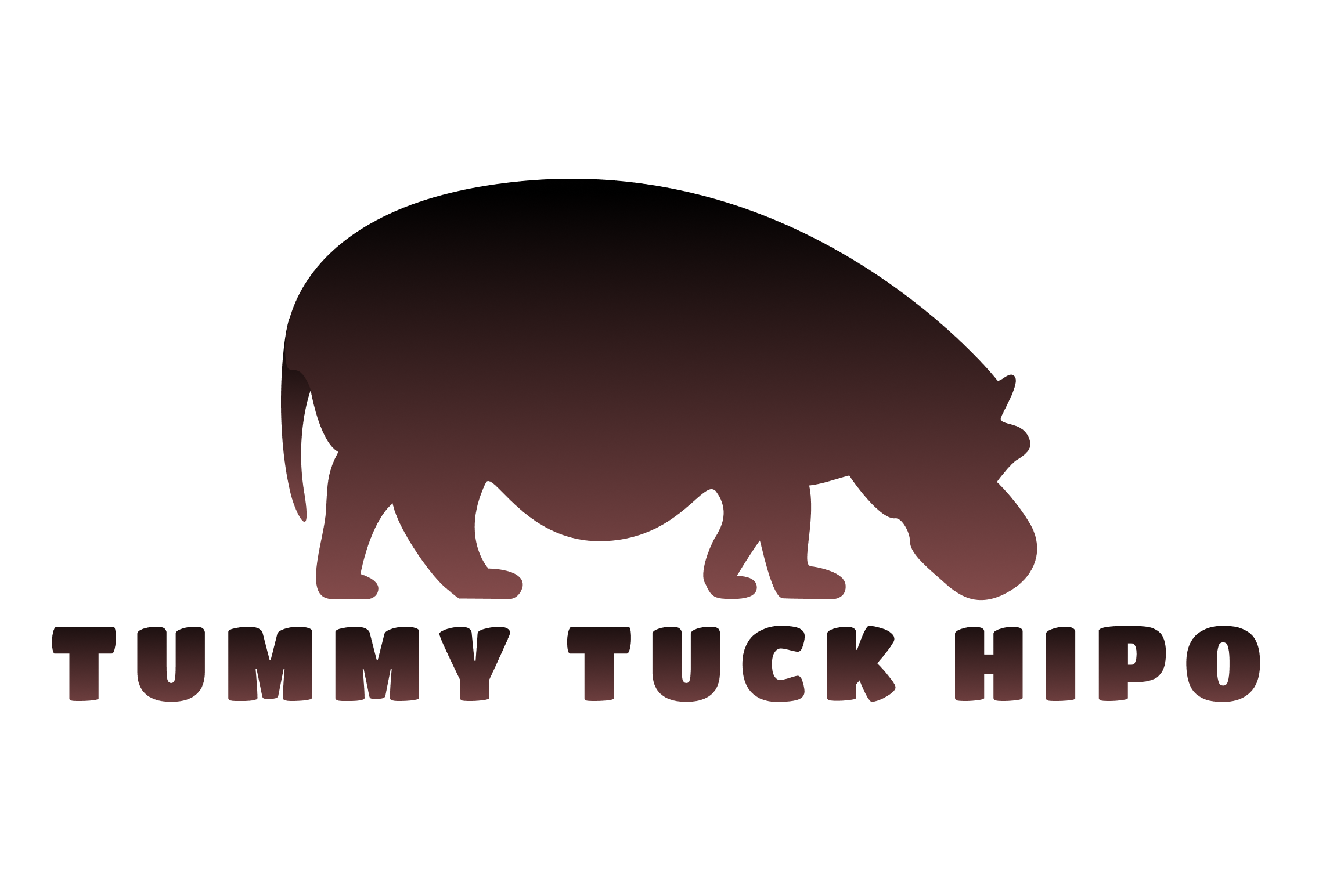

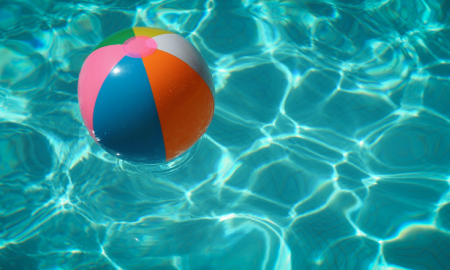
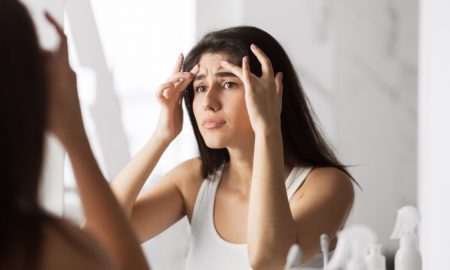
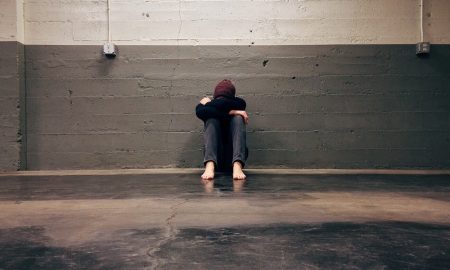
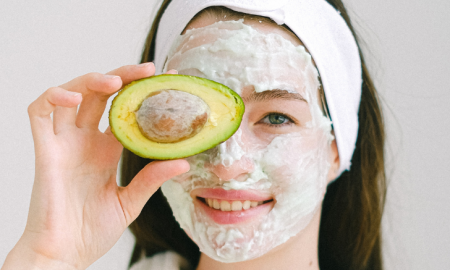







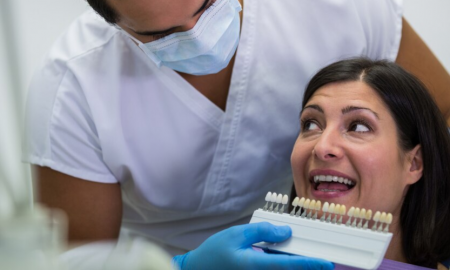
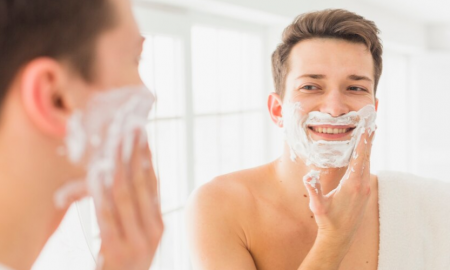
You must be logged in to post a comment Login